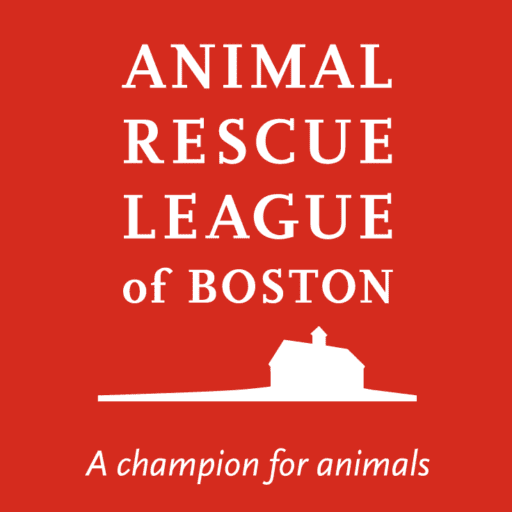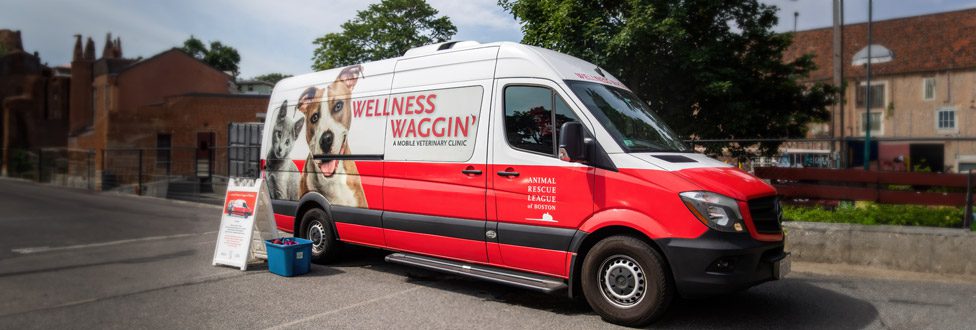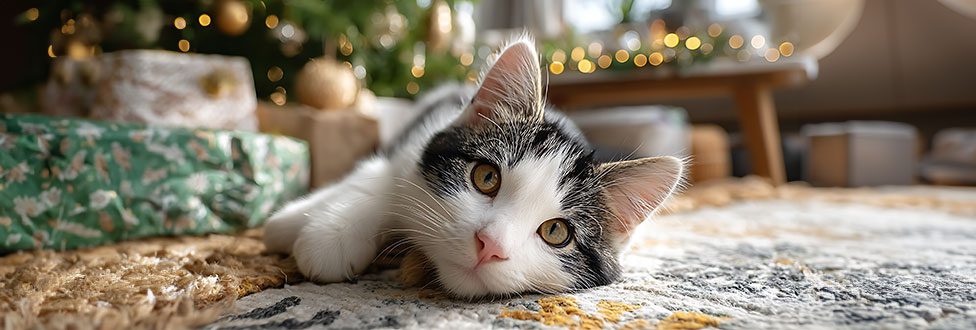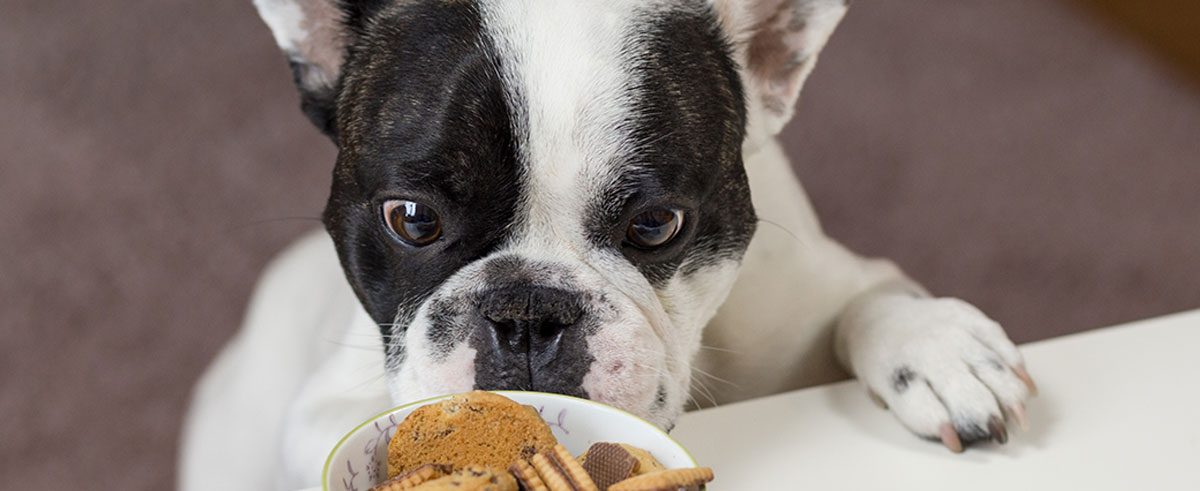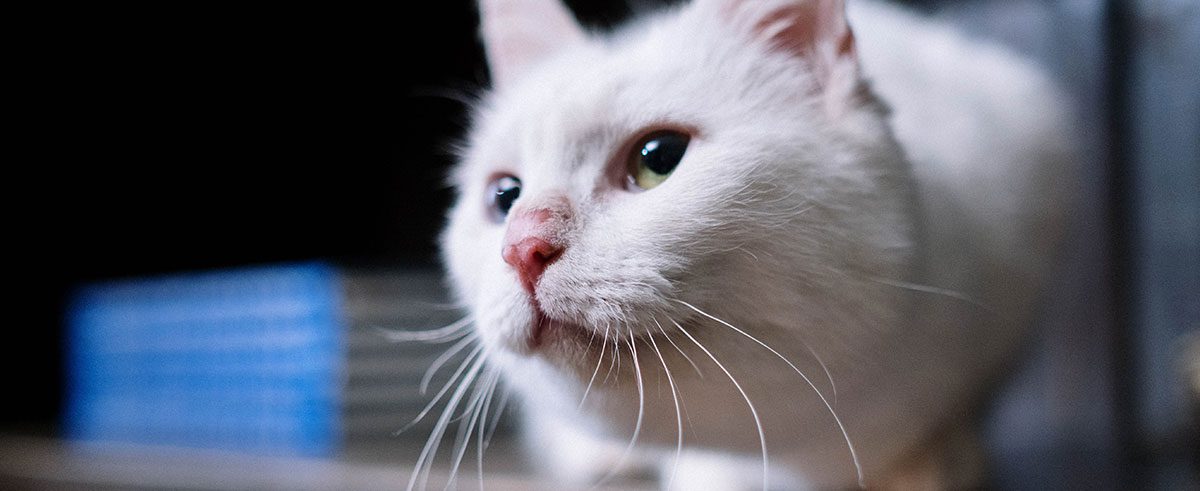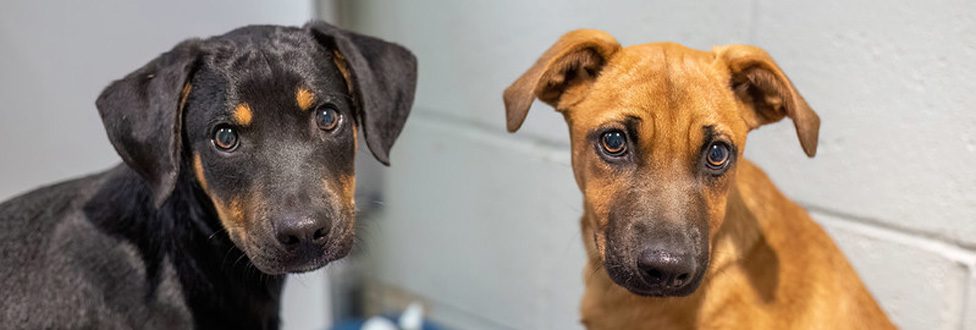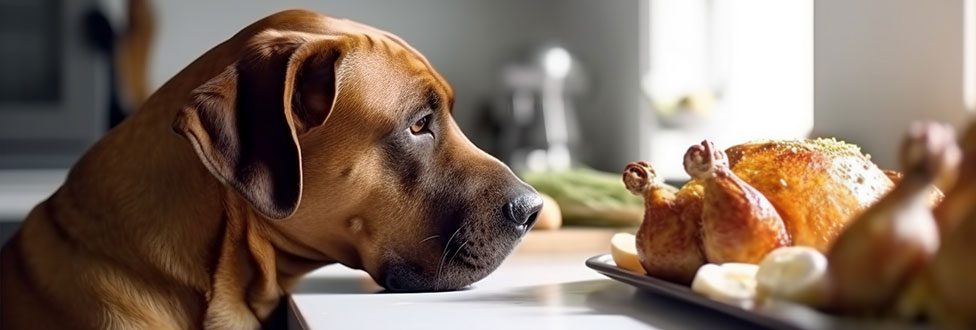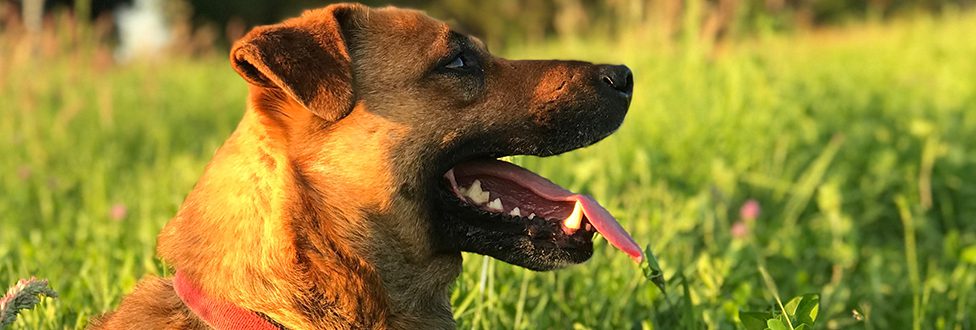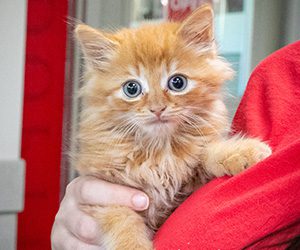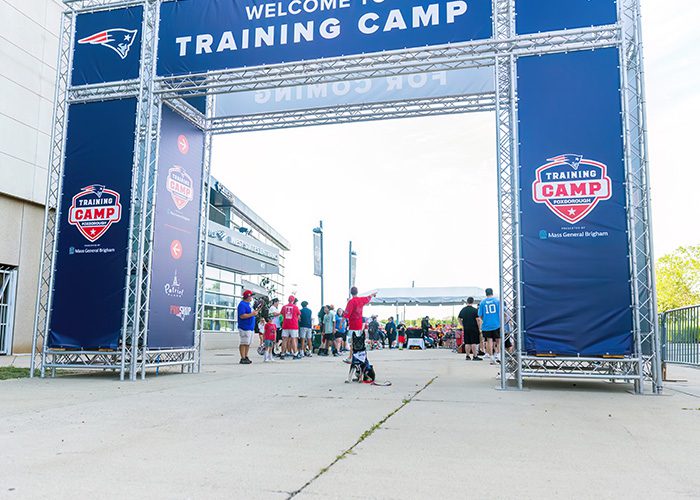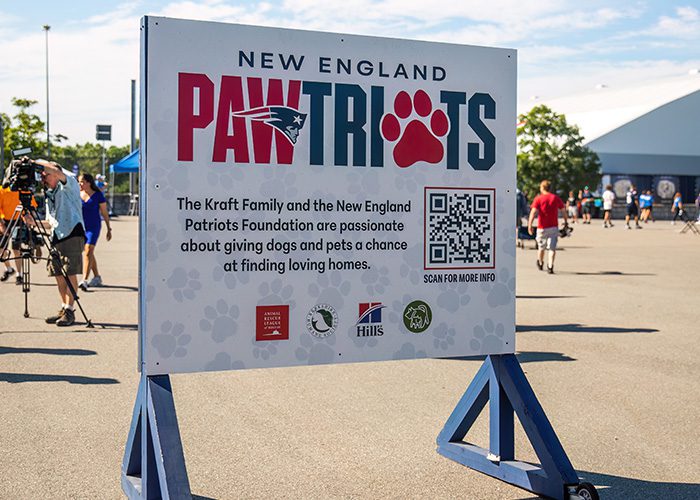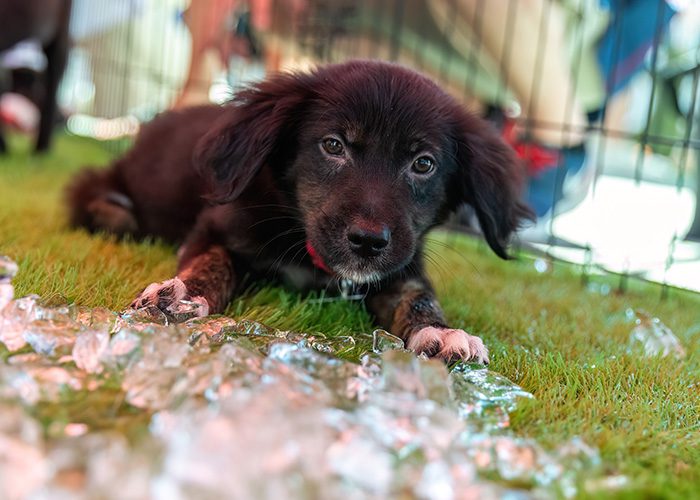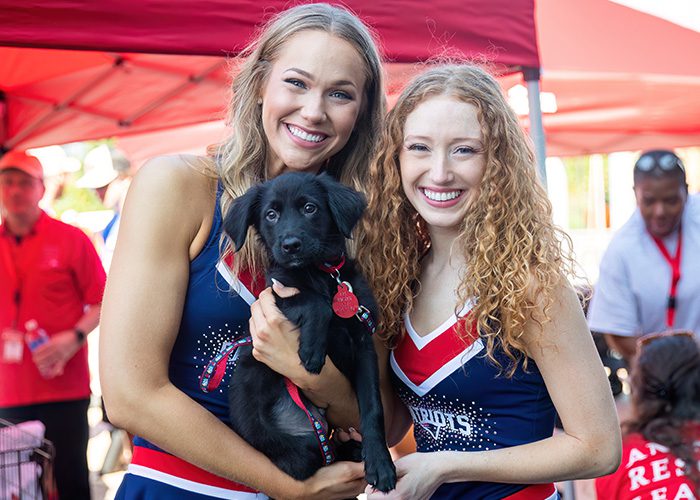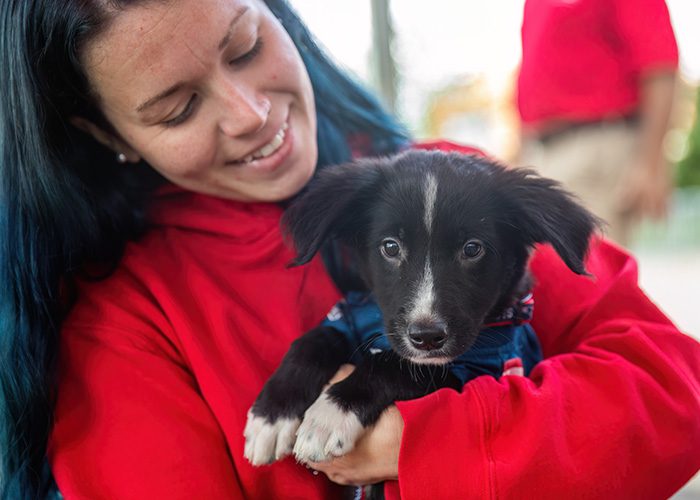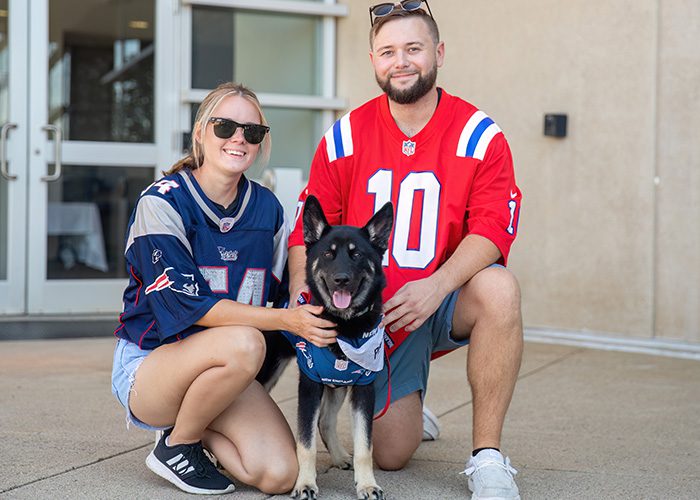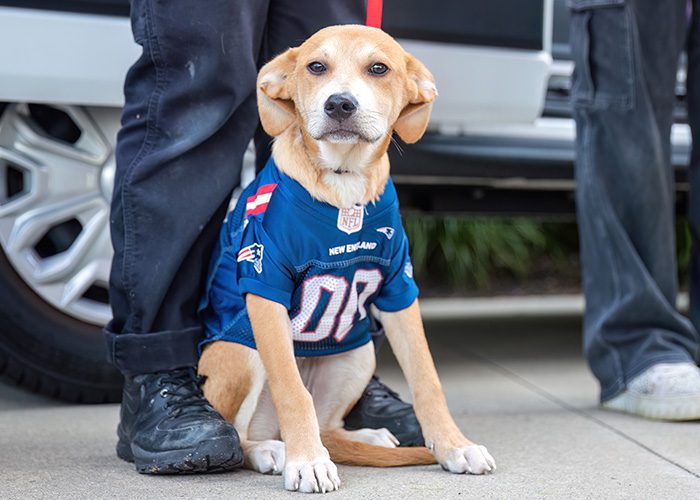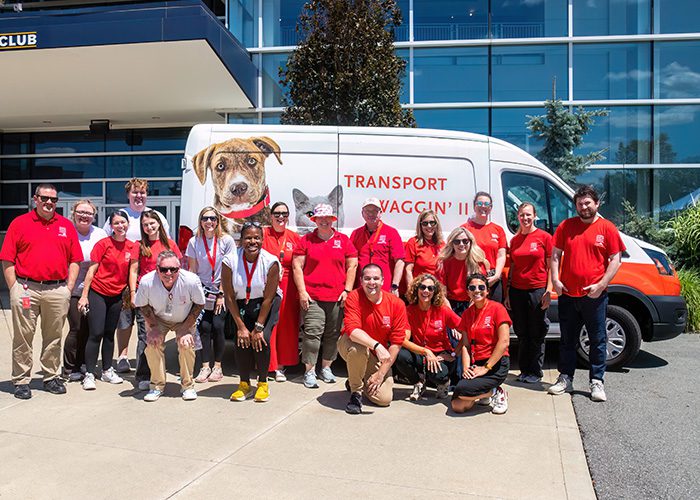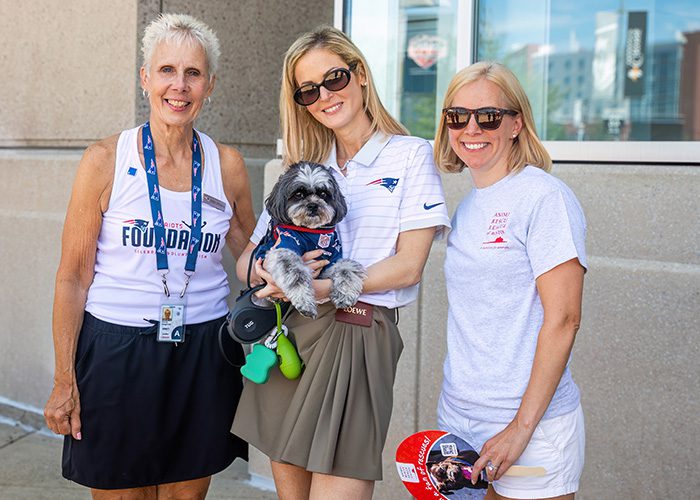Animal Rescue League of Boston Receives $5K Grant from The ‘Quin House Impact Fund
Funding will support the organization’s ongoing efforts to protect and care for animals across Greater Boston
The Animal Rescue League of Boston (ARL) today announced it received a $5,000 grant from The ‘Quin House Impact Fund, marking one of the first grants from the fund made to an animal welfare organization. The grant will be used to support the ARL’s Wellness Waggin’®, which provides low-cost veterinary care throughout Boston’s neighborhoods. ARL is one of more than 150 Massachusetts nonprofits awarded grants this winter by The ‘Quin House Impact Fund.
“This grant will make a meaningful impact for local pet families, ensuring pets receive the care they need, regardless of a family’s financial resources,” said Dr. Edward Schettino, President & CEO of ARL. “ARL relies on the generosity and support of our whole community to keep animals and people together. We are grateful to The ‘Quin Impact Fund for their generosity and recognizing the important connection between the health of animals, people, and the community.”
ARL is an animal welfare organization with locations in Boston, Dedham, and Brewster, focused on keeping pets and animals together. For more than 125 years, ARL has served the Greater Boston community with pet care and animal advocacy at the local and state levels.
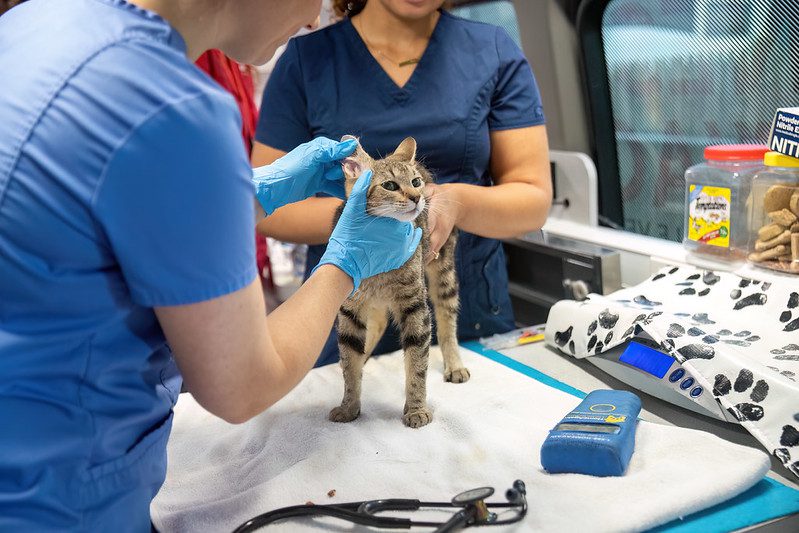
A tabby cat receives a wellness exam on ARL’s Wellness Waggin’®
The ‘Quin House Impact Fund serves as a financial resource for local philanthropic organizations that are making positive contributions to the Greater Boston community. The Fund was launched in 2020, a year prior to the opening of The ‘Quin House, and is now the basis of the club’s philanthropy.
“We have been incredibly impressed by how these grant winners have served their communities and reinforced the importance of health and wellness throughout every facet of our lives. We have also been honored to have many of these organizations contribute to our programming at The ‘Quin House, by presenting indelible educational and volunteer opportunities for our members,” said Michelle Perez Vichot, Director of The ‘Quin House Impact Fund. “We look forward to providing funding to local Health and Wellness organizations for many years to come, thanks to the unending generosity of our members.”
The ’Quin House Impact Fund is hosted by The Boston Foundation and has now awarded more than $4.3M in grants to 150 Greater Boston nonprofits since 2020, including more than $1M in the past year. Focus areas include Arts and Culture, Discovery and Innovation, Equity and Opportunity, Health and Wellness, Youth and Education, and the environment.
All 16 Health and Wellness winners gathered for a celebration and networking event at The ‘Quin House on February 17, 2026, as a continued effort of The ‘Quin House to provide opportunities to the community organizations it supports.
